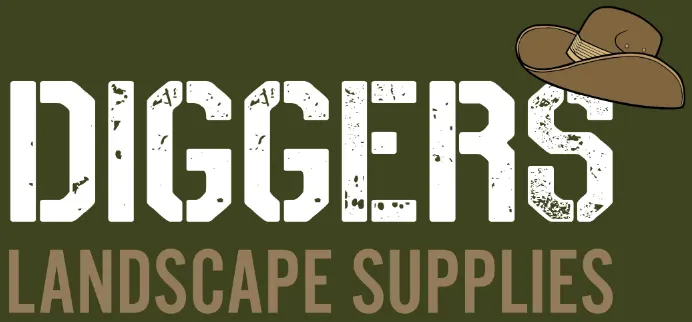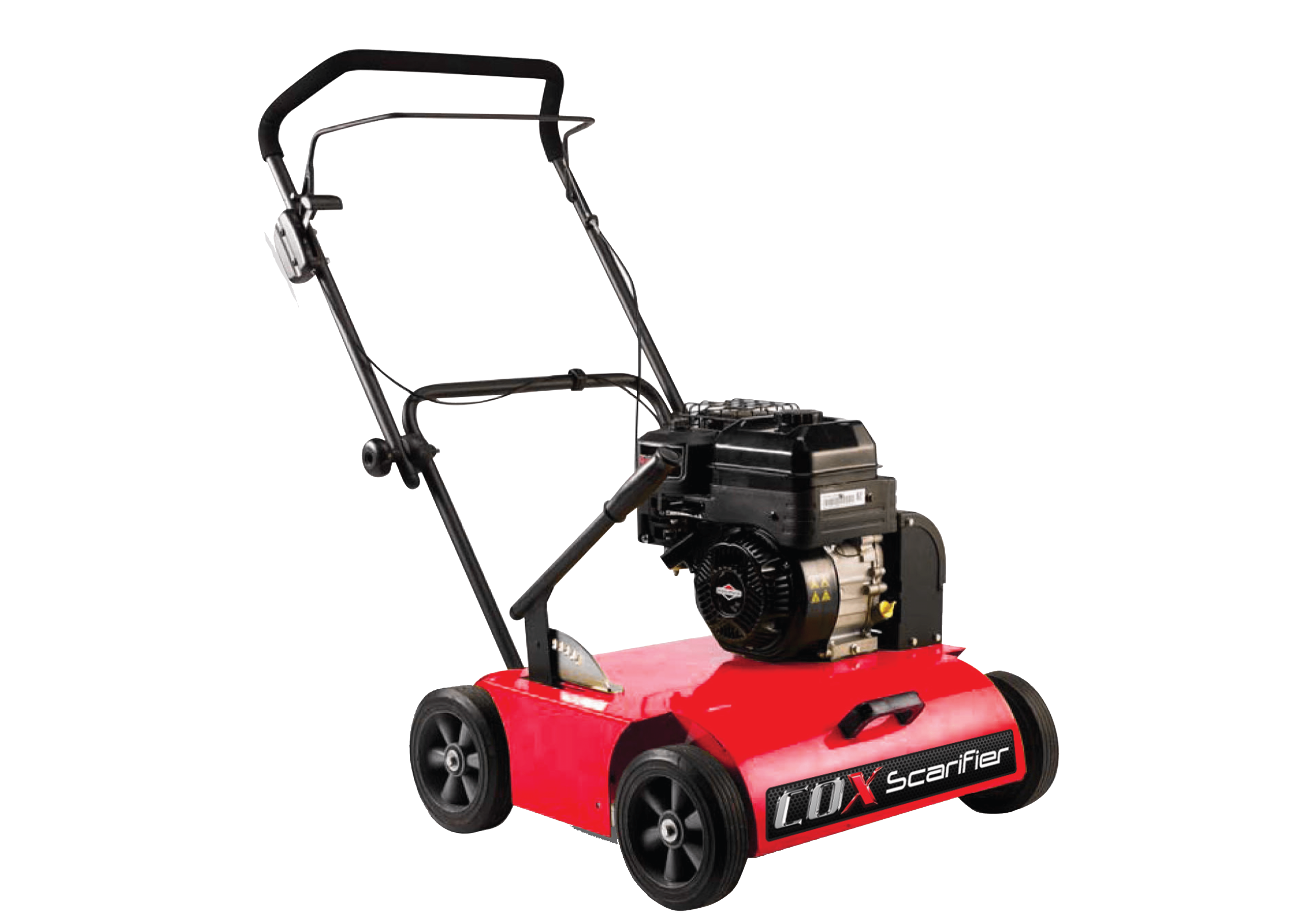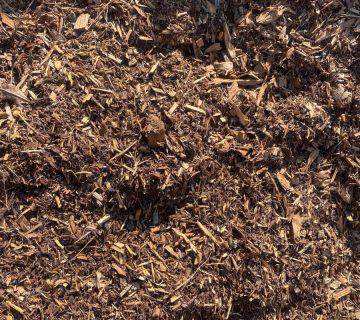Mulching is one of the simplest ways to improve your garden. But not all mulch is the same. Should you go with natural options like wood chips and straw, or longer-lasting ones like plastic or gravel?
In this guide, we’ll break down the pros and cons of organic mulch vs inorganic mulch, including popular comparisons like wood chips vs rubber mulch, so you can make the best choice for your garden’s needs.
What is Organic Mulch?
Organic mulches are made from natural materials that decompose over time. Common types include:
- Wood chips
- Bark
- Straw
- Sugarcane mulch
- Grass clippings
- Compost
Because they break down, they feed the soil and improve its health long-term.
What is Inorganic Mulch?
Inorganic mulches are made from non-living materials that don’t break down quickly (or at all). These include:
- Rubber mulch
- Landscape fabric
- Plastic sheeting
- Gravel or pebbles
- Crushed rock
They’re more about long-term surface coverage and less about improving soil.
1. Soil Health
Organic mulch wins here, hands down. As it breaks down, it improves soil structure, adds nutrients, and boosts beneficial microbial activity. It turns your mulch into compost over time, which helps plants grow stronger and healthier.
Inorganic mulch, on the other hand, doesn’t feed the soil. In fact, plastic and fabric can block airflow and water if not installed correctly, potentially harming the soil over time.
✅ Winner: Organic mulch
2. Moisture Retention
Both types help retain moisture, but in different ways.
Organic mulch (like wood chips) absorbs and holds water, slowly releasing it to the soil. This helps keep roots hydrated and reduces how often you need to water.
Inorganic mulch (like rubber or plastic) forms a barrier over the soil, reducing evaporation but also limiting water flow if not set up with proper irrigation.
✅ Winner: Tie (organic for soil moisture, inorganic for surface control)
3. Weed Control
Inorganic mulch is often more effective at stopping weeds. Plastic sheeting and landscape fabric create a physical barrier that blocks light and stops weeds from growing through.
Organic mulch also controls weeds well, but you may need to top it up more often and apply thicker layers for full coverage.
✅ Winner: Inorganic mulch
4. Lifespan and Maintenance
Inorganic mulches last much longer. Gravel, rubber, and fabric won’t break down, so you don’t have to replace them for years. They’re ideal for low-maintenance areas like pathways or around established trees.
Organic mulch, on the other hand, breaks down over time. That’s great for the soil—but it also means you’ll need to refresh it every 6 to 18 months.
✅ Winner: Inorganic mulch for durability, organic mulch for replenishing soil
5. Environmental Impact
Organic mulch is eco-friendly and sustainable. It often comes from recycled or local materials and breaks down naturally.
Inorganic mulch like rubber or plastic is less sustainable. Rubber mulch, for example, is made from shredded tyres—it doesn’t break down and can leach chemicals. Plastic also contributes to landfill waste once it’s removed.
✅ Winner: Organic mulch
6. Aesthetics and Use Case
Inorganic mulch—like pebbles or decorative gravel—looks neat and modern. It’s often used in minimalist or formal garden designs and commercial spaces.
Organic mulch gives a more natural look. Wood chips, bark, and straw work well in native, edible, or cottage-style gardens.
Your choice here depends on the style and purpose of your garden.
✅ Winner: Tie (depends on aesthetic and garden type)
Summary Table
Feature | Organic Mulch | Inorganic Mulch |
Improves soil | ✅ Yes | ❌ No |
Moisture retention | ✅ Very good | ✅ Good (varies) |
Weed control | ✅ Good | ✅ Excellent |
Lifespan | ❌ Shorter (6–18 mo) | ✅ Long-term (years) |
Eco-friendly | ✅ Yes | ❌ Not really |
Style flexibility | ✅ Natural look | ✅ Modern/formal look |
Need quality mulch for your garden?
Diggers Landscape Supplies stocks quality wood chips and garden mulch options perfect for local conditions. Whether you need bulk delivery or a few bags, we’ve got you covered.
Visit us today or give us a call—we’re happy to help you pick the right mulch for your garden.
Frequently Asked Questions
What's better—organic mulch or inorganic mulch?
Organic mulch is better for improving soil, while inorganic mulch lasts longer and needs less upkeep.
Are wood chips better than rubber mulch?
Wood chips enrich the soil and are eco-friendly. Rubber mulch lasts longer but doesn’t improve soil and may contain chemicals.
How long does organic mulch last?
It usually lasts 6–18 months depending on the material and weather.
Can I use both types of mulch in my garden?
Yes. Use organic mulch around plants and inorganic mulch for paths or permanent areas.
Does inorganic mulch stop weeds better than organic?
Yes, materials like plastic or landscape fabric provide stronger weed control.


